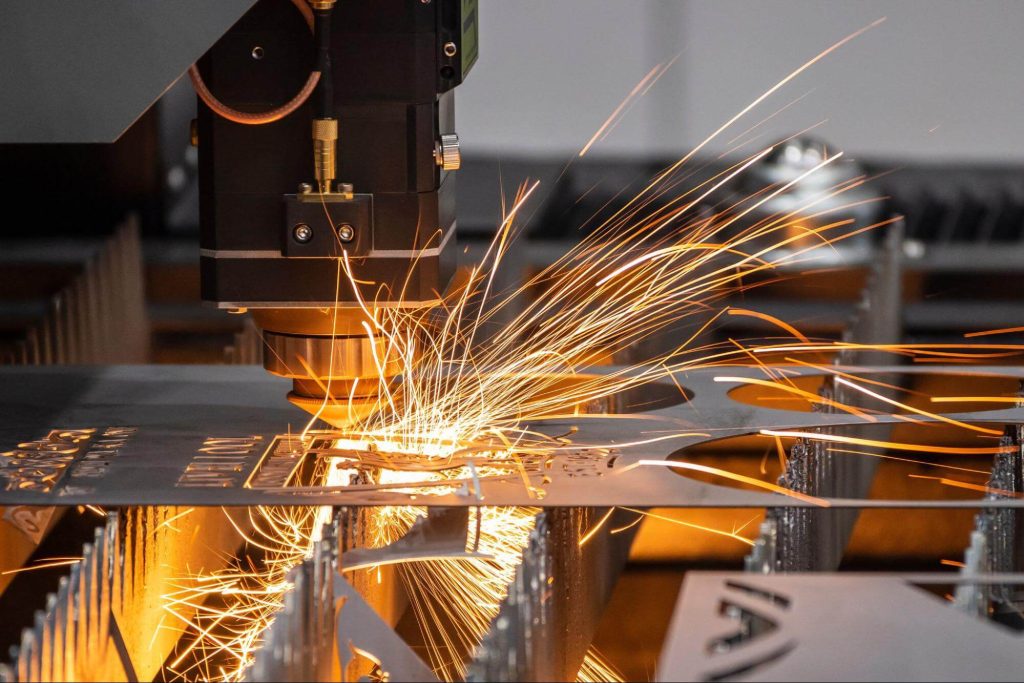Sheet metal fabrication plays a critical role in delivering high-quality and consistent products across a wide range of industries. From automotive and aerospace to construction and electronics, the precision and repeatability offered by this process ensure that every component meets strict standards. With the help of modern tools and techniques, manufacturers can produce complex parts with minimal variation. This reliability is essential for maintaining product integrity, reducing waste, and increasing customer satisfaction. By incorporating sheet metal fabrication into production, companies can guarantee that each finished item not only looks professional but also performs as expected.
Precision That Drives Quality
One of the primary reasons sheet metal fabrication improves product quality is its high level of precision. Advanced machinery such as CNC Computer Numerical Control lasers and punching systems allow for accurate cutting, bending, and forming. Benefits of precision in fabrication:
- Ensures exact dimensions and tight tolerances
- Reduces human error
- Enhances the structural integrity of products
- Supports mass production with identical results
Consistency in measurement leads to fewer defects and uniform parts, especially when replicating large quantities.

Uniformity Through Automation
Automated processes in TZR sheet metal fabrication contribute significantly to consistency. Once programmed, machines can repeat the same operations across thousands of parts without deviation. This consistency is vital in industries where accuracy is non-negotiable, like medical devices or aerospace. How automation ensures consistency:
- Maintains exact replication of parts
- Minimizes manual intervention
- Reduces variability across production batches
- Saves time and improves workflow
Automation also reduces the risk of misalignment, irregular cuts, or inconsistencies in shape, ensuring every product meets design standards.
Quality Control Integration
Sheet metal fabrication integrates seamlessly with quality control systems. Sensors and monitoring tools track each stage of production and identify issues in real-time. This makes it easier to detect and fix defects before they impact the final product. Advantages of integrated quality checks:
- Immediate feedback during production
- Fewer defective products reaching end-users
- Better documentation for quality assurance
- Higher trust in product reliability
Monitoring and testing during fabrication ensure that quality is maintained throughout the process, not just at the end.
Enhanced Surface Finishes and Material Control
Fabrication techniques also improve the surface quality of finished products. Processes like deburring, sanding, and coating add to both the aesthetic appeal and durability of the components. Controlling material type and thickness further refines product quality. Key material and finish benefits:
- Improved corrosion resistance
- Enhanced appearance and texture
- Compatibility with various coatings and finishes
- Customization based on client needs
Sheet metal fabrication is essential for delivering products that are both high in quality and consistent in every detail. By combining advanced technology, automation, and rigorous quality control, this process helps manufacturers meet demanding standards across industries. The result is a reliable production method that supports scalability, reduces waste, and enhances customer confidence. Whether producing one item or thousands, sheet metal fabrication ensures that every product performs reliably and looks exceptional.
